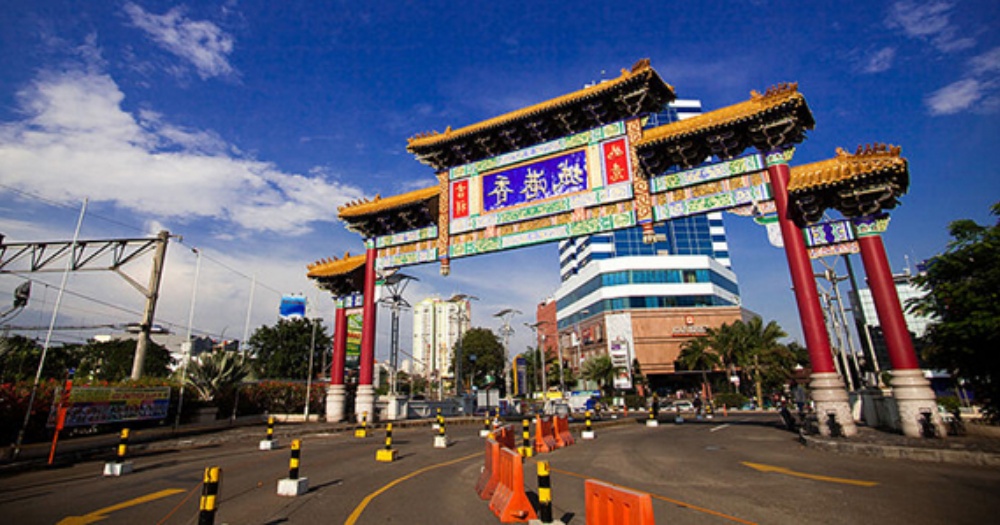One of the more fascinating developments this 2020 General Election (GE2020) has thrown up is the debate over the name of Shawn Huang Wei Zhong (or rather, Shawn Ingkiriwang Wei Zhong).
There is a lot of history behind the matter of changing one's Chinese name — history that doesn't belong to Singapore, but our Southeast Asian neighbour, Indonesia.
After becoming Indonesia's second president in 1968, Suharto embarked on a new regime called the New Order.
At that time, Indonesian Chinese (also known as tionghoa) dominated many aspects of the economy and they were seen by the natives as "opportunistic aliens" and "economic animals" who were loyal to the People's Republic of China.
Suharto had on occasion said that the Chinese, while constituting only 3 per cent of the population, dominated 70 per cent of the economy, according to this paper.
Suharto hence rolled out policies that targeted the Indonesian Chinese.
To the Indonesian government, these were meant to assimilate Indonesian Chinese into the wider Indonesian community. To others, these were policies that discriminated based on race.
How were these policies discriminatory?
Businesses with capital which native Indonesians did not have a majority stake in were restricted from operating.
Displays of "Chinese-ness", including the Chinese New Year celebrations, the use of Chinese characters and learning Mandarin in public, were prohibited.
And then, of course, changing one's Chinese to become more "Indonesian-sounding".
For example, a person with the surname "Lim" might take on the name "Limanto" or "Halim".
Evidently, Huang's family changed their family name from "Huang" (or "Wang" in Mandarin) to "Ingkiriwang".
According to his Facebook post, this happened in 1966.
You can find more examples, including "Hartono", "Sutanto", "Soehadi" and more here.
In 1998, amidst an economic meltdown and communal violence, Suharto resigned from the presidency.
He was succeeded by B.J Habibie who rolled back the discriminatory policies.
Top image of Glodok Chinatown in Jakarta: Via
If you like what you read, follow us on Facebook, Instagram, Twitter and Telegram to get the latest updates.
